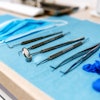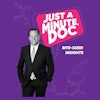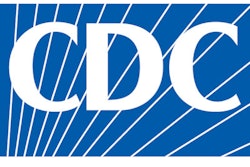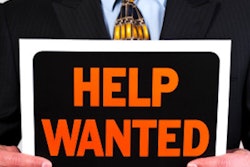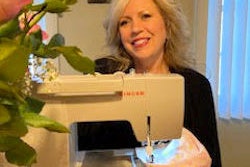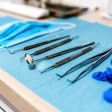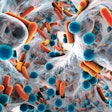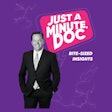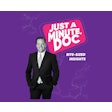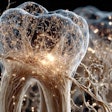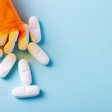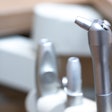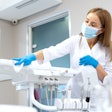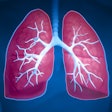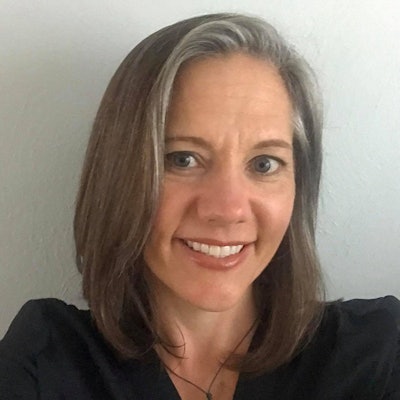
Public health dentists and dental assistants in Italy who treated patients while the COVID-19 pandemic ran rampant did not appear to develop the disease, according to an article published on September 3 in Oral Diseases. But does this apply to dental hygienists?
There are a few things to consider about the study in relation to the risks to dental hygienists. "Professional oral hygiene" was halted halfway through the study period, and all patients were seen with two providers: a dentist and an assistant. There is no discussion of equipment used for scaling or aerosol containment. Much of the study is based on a series of educated guesses and statistical analysis.
 Amanda Hill, RDH, BSDH.
Amanda Hill, RDH, BSDH.However, all that being said, dealing with a novel virus does involve a lot of educated guessing and statistical analysis until we have enough time to collect and analyze data. Consider how long we have understood the oral-systemic connection and how long it took to perform the studies to prove it. I think it will be a while until we have the science we are all craving.
So what to do in the meantime? There's good news in this study for sure.
In a hard-hit region in Italy, dental offices that continued treatment didn't seem to get infected. They followed the U.S. Centers for Disease Control and Prevention (CDC) recommendations for personal protective equipment (PPE), required a preprocedural rinse, limited (but did not stop) aerosol-generating procedures, and reduced the number of patients seen in a day. It seems that's what many of us are doing in our operatories, and while the Facebook groups are reporting a positive dental healthcare provider (DHCP) here and there, there doesn't seem to be a disproportionate number of positives within the dental community.
COVID-19 has brought a much-needed awareness to infection control. We are learning the importance of high-volume evacuation in the hygiene room. This is something we should have been talking about for years.
If you've ever used an air polisher, you know you can taste the mint powder through your mask. So just what else have we been inhaling? A recent study in the Journal of Periodontology showed us that the majority of aerosols we are inhaling are coming from our dental unit waterlines, not our patients' aerosolized saliva (Kumar et al, July 14, 2020). When was the last time you tested the water in your unit? While this pandemic feels like it's out of control, there is a lot within our offices we can control when it comes to keeping the team and our patients safe.
Of course, every clinician needs to do what is best for him or her. Each person must weigh the unique risk factors, comorbidities, and family situations when determining how and if he or she will practice. There needs to be an open dialogue in offices about what infection control systems need to be altered or perhaps put into place to make everyone comfortable. This is an excellent time to evaluate whether your practice is in compliance with recommendations by the CDC and the Occupational Safety and Health Administration (OSHA). The CDC has a great app called DentalCheck that can get you on your way.
This study is clearly showing that using all the recommended precautions and screening patients are key to safely navigating this pandemic. As healthcare professionals, we know that regular hygiene care affects our patients' overall health and their ability to fight off infection. This is our opportunity to reinforce the message that dentistry, particularly preventive care, is essential.
Amanda Hill, RDH, BSDH, currently practices part-time clinically and is an industry educator for the nation's largest dental job board, DentalPost.net. She also hosts a podcast on the Dental Podcast Network.
The comments and observations expressed herein do not necessarily reflect the opinions of DrBicuspid.com, nor should they be construed as an endorsement or admonishment of any particular idea, vendor, or organization.

